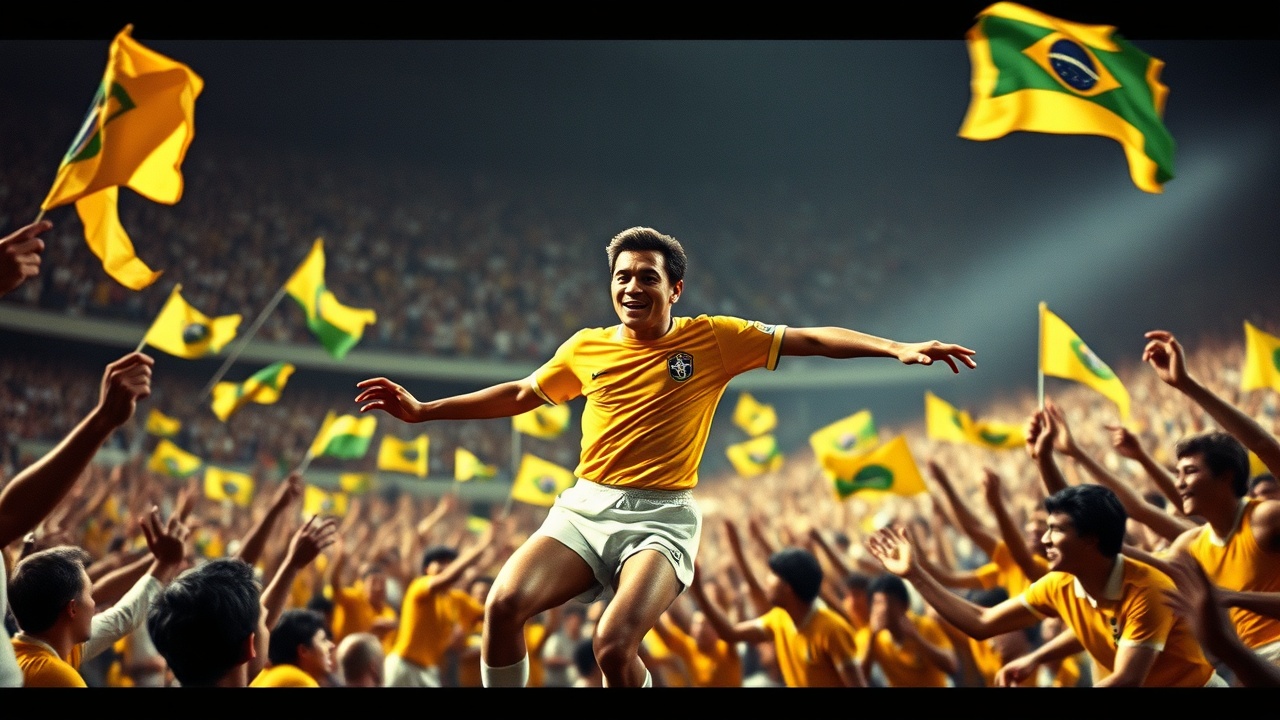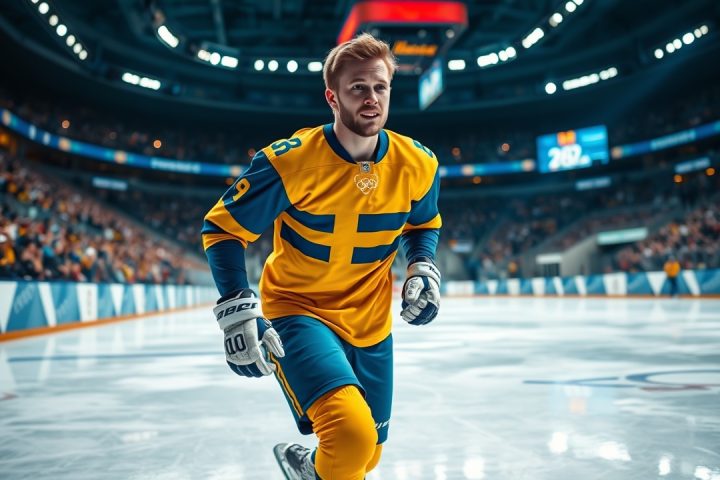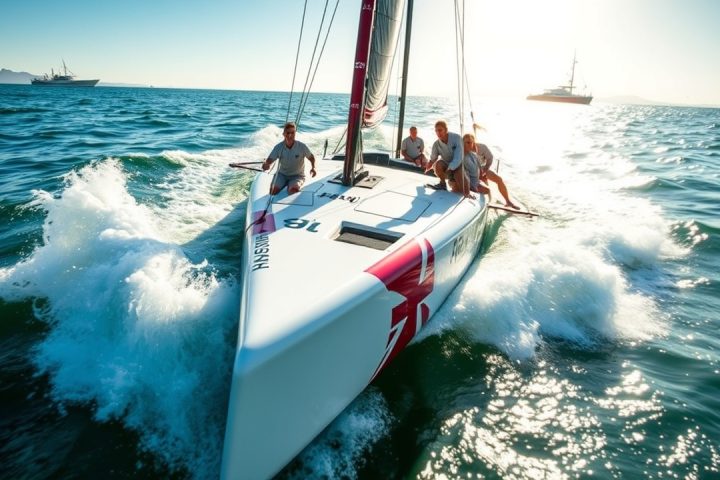The 1962 World Cup: A Historical Overview
The 1962 World Cup, held in Chile, is often overshadowed by more memorable tournaments, such as the 1938 edition. Uniquely, both these tournaments share a notable distinction: they are the only two where the reigning champions were able to defend their title successfully.
Brazil’s Dominance and Preparation
Brazil was widely deemed the favorite leading into the competition, a sentiment reinforced by their impressive roster, which included five of the six players who had also found the net in the 1958 World Cup: Garrincha, Vava, Pele, Zito, and Mario Zagallo. The only new face among the scorers was Amarildo, who stepped in partway through the tournament and added three goals to the team’s tally.
For their preparation, the Brazilian team sought to replicate the successful formula from 1958 as closely as possible. Paulo Machado de Carvalho, charged with organizing the Brazilian campaign, went to great lengths, even hiring the same pilot who had flown them to Europe four years earlier. Even as that airline went bankrupt, Carvalho did not hesitate to affix its logo to the new plane set to carry the team to Chile.
Challenges and Controversies
Despite the titanic expectations, the 1962 tournament was lackluster in terms of goal-scoring excitement. With a goals-per-game average of just 2.78, it set a record for being the lowest-scoring World Cup to date, starkly contrasting with the 5.38 from 1954. Tactics had evolved over eight years, leading to a more cautious style of play.
Notably, the tournament was also marred by violence, culminating in the infamous “Battle of Santiago”, where the host nation Chile clashed with Italy in a brutal 2-0 match. Reports indicated that this match was reflective of the overall physicality that permeated the tournament, rather than an isolated incident. World Soccer magazine even categorized matches by their level of aggression, with one columnist openly expressing his disdain for the rampant thuggery evident during the event.
Brazil’s Tactical Approach and Key Players
Unlike many teams, Brazil largely avoided the fray of rough play, demonstrating a commitment to a more elegant style of football, aside from a tough semi-final encounter with Chile. The team was under the guidance of new head coach Aymore Moreira, who took the reins following Vicente Feola’s departure due to health issues. Moreira maintained a largely stable lineup, making minimal changes throughout the tournament and only altering it once due to injury.
Pele, celebrated as the top player globally, ignited the tournament with a stunning goal against Mexico but soon faced a setback when he sustained a groin injury during a match against Czechoslovakia. Despite hopes for his return, he could not recover in time for the final, forcing Brazil to adapt without their star player.
In Pele’s absence, Garrincha rose to prominence, showcasing an extraordinary individual performance that some may regard as the best in World Cup history. Initially known for his dazzling dribbling, Garrincha evolved into a more complete player by 1962, demonstrating proficiency in scoring as well as creating goals for others. His contributions included multiple stunning goals during the knockout stages, cementing his legacy.
Moreira’s tactical approach included a shift to a 4-3-3 formation, but with few changes made to the successful squad from four years prior. Despite challenges, Brazil’s seasoned players like Zozimo and Mauro Ramos, along with the dynamic duo of Djalma Santos and Nilton Santos as overlapping full-backs, remained steady contributors.
The Final Match and Brazil’s Legacy
Faced with a potential suspension for Garrincha after a controversial incident during the semi-final, the Brazilian delegation lobbied effectively to ensure he could compete in the final against Czechoslovakia. Although voters at the disciplinary meeting deemed his actions not deserving of a ban, the sheer controversy surrounding his participation added to the tensions of the closing match.
On the day of the crucial final, Garrincha was not at his peak due to illness, overshadowing the buildup. The match itself, however, featured moments of quality play. Despite being undramatic in historical significance, it displayed exceptional tactics on both sides, with Czechoslovakia initially taking the lead. Brazil equalized through Amarildo’s strike before going ahead to ultimately secure a 3-1 victory, with Vava sealing the match with a late goal following a goalkeeper error.
Although this edition of the World Cup is frequently eclipsed by the more illustrious narratives of past and future tournaments, it marked Brazil’s establishment as a dominant force in international football after years of being considered underachievers. Meanwhile, England, the birthplace of the sport, continued to grapple with their own frustrations, having failed to progress past the quarter-finals across four World Cups; they would soon prepare to host the next edition. Brazil’s triumph in 1962 reinforced their emerging legacy on the world football stage, cementing their status as a powerhouse in the tournament’s history.




